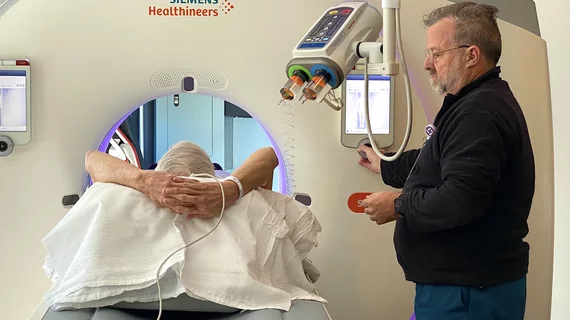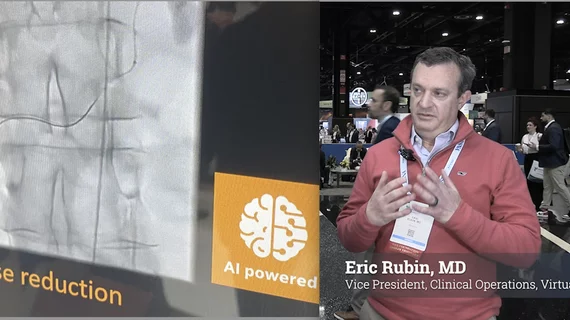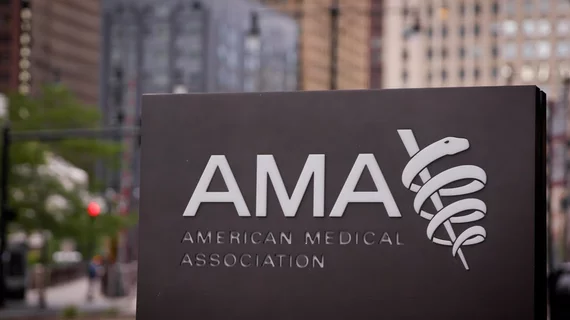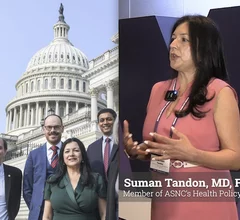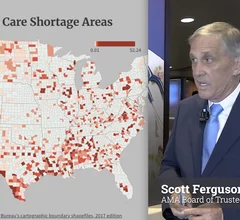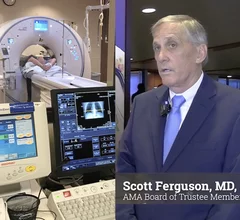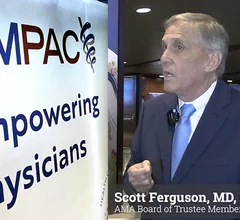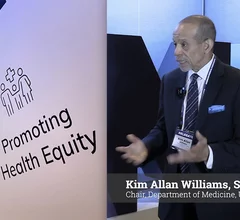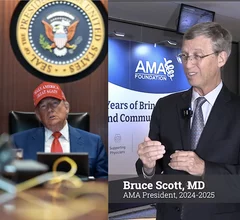American Medical Association (AMA)
The American Medical Association (AMA) is the largest professional association and lobbying group of physicians and medical students. The AMA mission is to promote the art and science of medicine and the betterment of public health. The association represents physicians with a unified voice in courts and legislative bodies across the nation, removing obstacles that interfere with patient care, leading efforts to prevent chronic disease and confront public health crises, and driving the future of medicine to tackle the biggest challenges in healthcare.
Displaying 17 - 24 of 160

